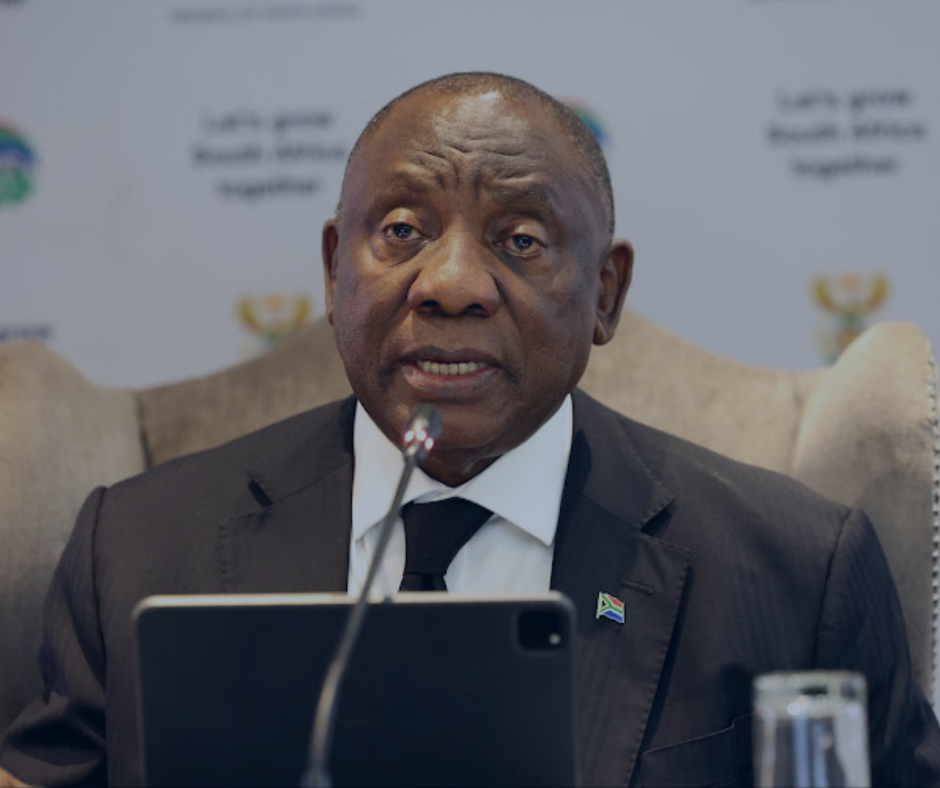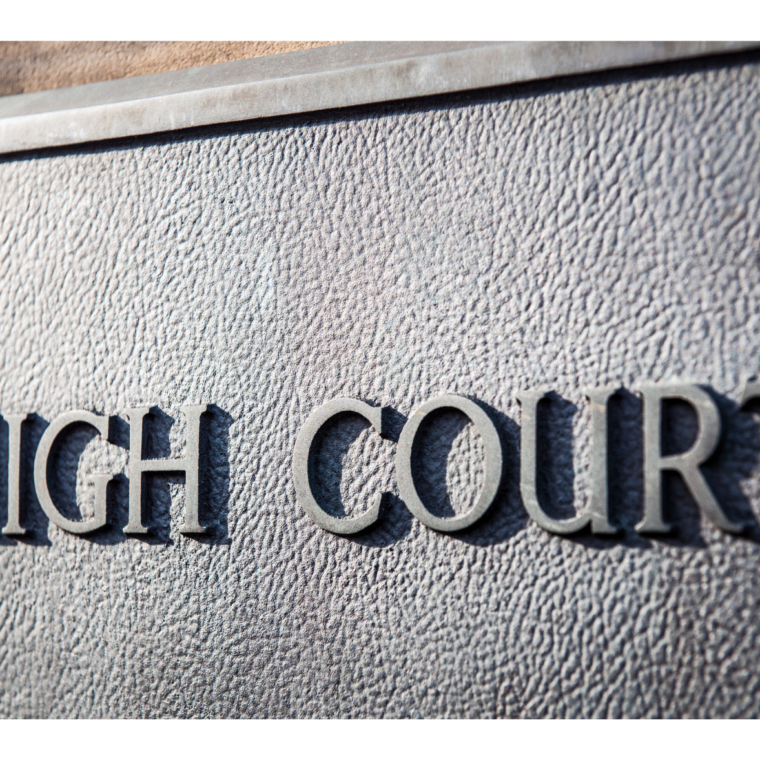Pretoria — 13 July 2025
President Cyril Ramaphosa has announced the establishment of a judicial commission of inquiry to investigate allegations of criminal syndicate infiltration within South Africa’s law enforcement and intelligence services.
Speaking from the Union Buildings on Sunday evening, Ramaphosa said the move follows a media briefing held on 6 July by KwaZulu-Natal SAPS Provincial Commissioner, Lt Gen Nhlanhla Mkhwanazi, during which he publicly alleged the existence of a criminal network embedded within state institutions.
Mkhwanazi claimed that Police Minister Senzo Mchunu had interfered with key investigations, including collusion with business figures—one of whom is accused of murder—to disband the Political Killings Task Team in KwaZulu-Natal. He further alleged that a Gauteng-based task team uncovered a syndicate linked to a drug cartel, involving politicians, SAPS officers, metro police, correctional services, prosecutors, judiciary members, and businesspeople.
Ramaphosa said the allegations, if proven, pose a grave threat to the Constitution, the rule of law, and national security. He cited growing public concern over criminality and corruption, including violent crimes such as gender-based violence, gang warfare, kidnappings, and the so-called construction mafia.
To address the claims, the President appointed Acting Deputy Chief Justice Mbuyiseli Madlanga to chair the commission, supported by Advocates Sesi Baloyi SC and Sandile Khumalo SC. The investigation will probe the alleged syndicate’s facilitation of organized crime, obstruction of investigations, coercion by police leadership, other criminal offenses, and efforts to silence whistleblowers.
Institutions to be scrutinized include the SAPS, the National Prosecuting Authority, the State Security Agency, the judiciary and magistracy, and the metro police departments in Johannesburg, Ekurhuleni, and Tshwane. The commission will also examine potential complicity by National Executive members linked to the justice system.
The commission will evaluate oversight failures and recommend prosecutions, disciplinary measures, and reforms. It will review prima facie evidence and propose whether implicated officials should be suspended pending further probes. It will also refer urgent matters for criminal investigation and prosecution.
Interim reports are expected at three- and six-month intervals, with a final report submitted to both the President and Parliament. Justice Madlanga retires from the Constitutional Court at the end of July and will devote his full attention to the commission.
Pending its work, Ramaphosa placed Police Minister Mchunu on immediate leave of absence. The minister has committed to cooperating fully. Law professor and anti-corruption council chairperson Professor Firoz Cachalia will serve as acting Minister of Police, appointed under Section 91(3)(c) of the Constitution. An interim Cabinet minister will fill the role until Cachalia assumes office in August.
Ramaphosa emphasized recent gains by SAPS and entities like the Special Investigating Unit and Asset Forfeiture Unit in combatting organized crime. He assured that law enforcement operations will continue unimpeded during the inquiry.
The President urged officers to uphold their professional code and called on all South Africans to support the commission and assist with information where needed.
“In establishing this Commission of Inquiry, we are affirming our commitment to the rule of law, to transparency and accountability, and to building a South Africa in which all people are safe and secure,” Ramaphosa concluded.





